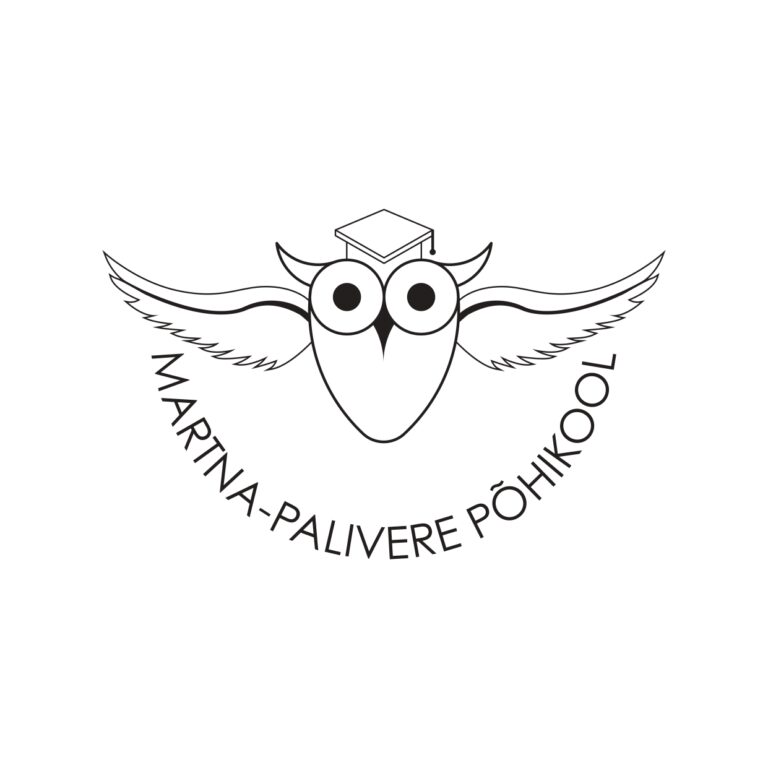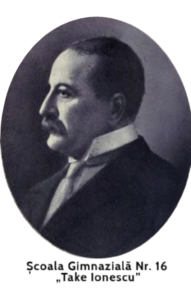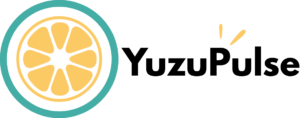PARTNERS
Associazione culturale Grimm Sisters ETS (Italy)
The Grimm Sisters is a non-profit cultural association founded by Indre Rakauskaite and the artistic duo Grimm Twins – Ayumi Makita and Barbara Lachi. The association aims at promoting the Art in all its forms, and offers creative workshops where art becomes the way to address and communicate important issues. In its broadest sense, art is seen as an expressive and therapeutic tool. Furthermore, in this way, we try to help children and young people who have various problems.
The Bookchildrenbook© method has been invented by Grimm Twins, to create artist’s books. Such a method with its “grammar” made of rules and creativity has become the way through which the association carries out its “didactics of fantasy”.
Logopsycom (Belgium)
Logopsycom is an education innovation center that creates and uses alternative methods or tools (digital or not) to accompany schools, VET centers, educational organizations, youngsters and parents. It was initially created as a care company specialized in learning disorders among youngsters, especially in “Dys” (Dyspraxia, Dysphasia, Dyslexia, etc.), also called Specific Learning Disorders (SLD) and therefore always works on the accessibility of content.
We do project consulting for schools and youth centers in our area in order to help them build good projects that improve the quality of their teaching methods, their environment and their “inclusion policy”. We have experience in working over 30 Erasmus+KA2 Projects.
Martna Põhikool (Estonia)
Martna Primary School (Martna Põhikool) is a small general education school in Läänemaa with about 60 pupils. The school has been educating the children of the surrounding area since 1836. Currently, our school provides basic education for pupils aged 7-16 years old from 1st to 9th grade. The school is staffed by highly experienced teachers who value the development of academic skills, which is reflected in high examination results. Our graduates stand out for their high rates of post-primary further education. A remarkable 84% of our graduates have successfully completed upper secondary education after four years. This result gives us second place in our municipality and third place in the county as a whole.
As an “E-twinning School”, we have excelled in programming and math projects and are among the best in this sector in Estonia. The school has been awarded the “Digitally Active School” label. Our commitment to online learning enriches the overall educational experience. We actively participate in international cooperation projects, including Erasmus+. In addition to learning, the school also celebrates sport. Many of our students take part in wrestling training in their free time and have achieved many good placings in competitions at various levels throughout the republic. In addition, young people can take part in a wide range of extra-curricular activities in their free time, all of which support their interests and provide additional support in their education. We offer external class groups in robotics, STEM, arts, creativity, folk dance and sports. Our achievements include participating in and winning robotics competitions.
Nansen Dijalog Centar (Croatia)
The Nansen Dialogue Centre in Osijek, established in 2001, is a non-governmental organization with two decades of experience in collaborating with schools, teachers, and youth from underserved communities, particularly those in small villages and towns. These communities often face limited opportunities for accessing higher education, including high schools and informal educational resources. As a grassroots organization, the Nansen Dialogue Centre primarily operates in eastern Croatia, where communities grapple with challenging economic conditions, the legacy of war, and social disadvantages.
Scoala Gimnaziala Nr. 16 Take Ionescu (Romania)
The school provides students with excellent learning conditions, and its highly qualified teaching staff embraces interdisciplinary and transdisciplinary approaches. Teachers actively engage in training and lifelong learning programs. They possess foreign language skills in English, German, French, Bulgarian, and Serbian. As a result, students have the opportunity to study English and German, and some even pursue French language education.
Facilities such as a gym and a sports field enable students to participate in various sports activities, including soccer, gymnastics, folk dance, and chess. The school community represents the multicultural nature of the city of Timisoara, with students from diverse nationalities present in every classroom.
Furthermore, the school has fostered international collaborations through e-twinning projects, allowing students to collaborate with their peers from other European countries.
YuzuPulse (France)
YuzuPulse aims to bring innovation closer to the social economy and education. To do so, we accompany teachers in using ICT tools and gamification to offer innovative methods to teach languages and STEM, and to support the development of key skills and entrepreneurship in formal and non-formal education.
Additionally, YuzuPulse encourages social innovation actors to engage at the international level, starting with Europe. By supporting entrepreneurs and innovators to expand beyond local and national borders, they contribute to the European dream of exchanging expertise and solutions across countries.
YuzuPulse offers the following services: co-creation and design of educational programs, IT project coordination and technical specifications, and social media management. With a network of tech experts and influencers, YuzuPulse operates from Tourcoing, a vibrant innovation hub and French Tech capital, located in the European Metropolis.
How useful was this page? Click on a star to rate it! Average rating 5 / 5. Vote count: 12 No votes so far! Be the first to rate this post.

Funded by the European Union. Views and opinions expressed are however those of the author(s) only and do not necessarily reflect those of the European Union or the European Education and Culture Executive Agency (EACEA). Neither the European Union nor EACEA can be held responsible for them.
(Project code: 2022-2-EE01-KA220-SCH-000099273)






